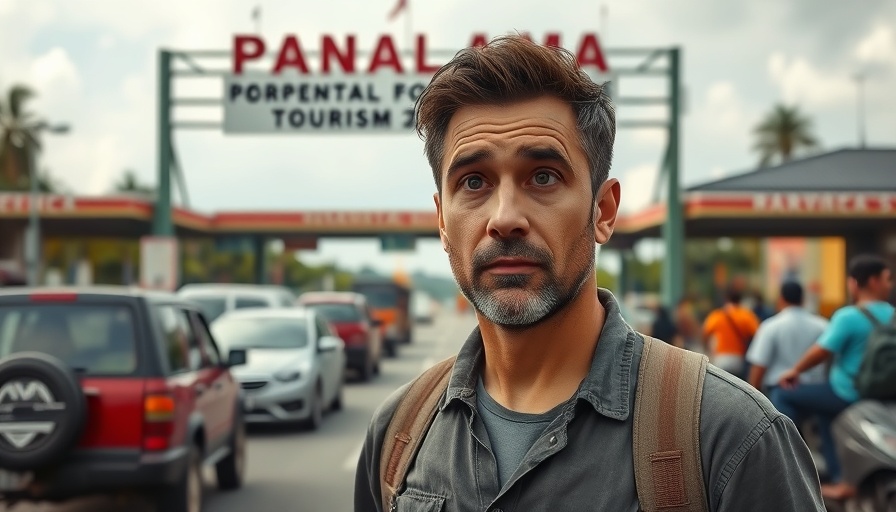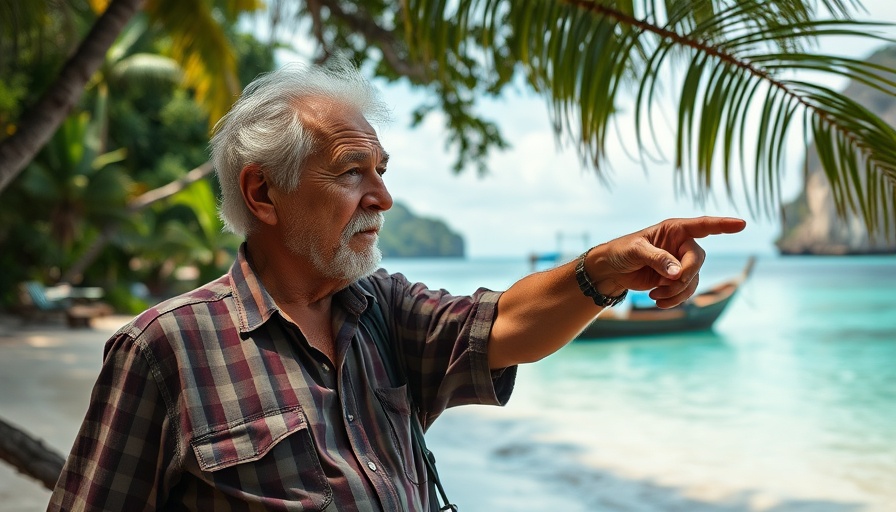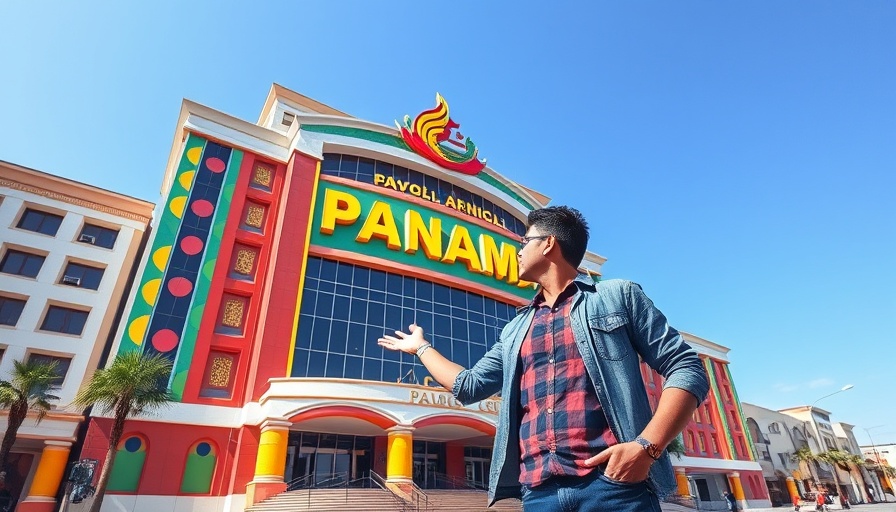
Unraveling the Perpetual Tourism Debate in Costa Rica
In a recent discussion on unbridled living in Costa Rica, the hot-button topic of perpetual tourism was explored, questioning whether it is truly a sustainable practice in the vibrant expat haven. The video, titled 'Perpetual Tourism in Costa Rica is DEAD - REALLY?' delves into the implications of recent legislative proposals aimed at curbing this phenomenon and how they affect both tourists and locals alike.
In 'Perpetual Tourism in Costa Rica is DEAD - REALLY?', the discussion dives into the complex dynamics between tourists and local residents, exploring key insights that sparked deeper analysis on our end.
The Legal Landscape and Recent Proposals
A congresswoman named Priscilla Vendez has proposed measures intended to cap perpetual tourism, primarily by increasing penalties for overstays and preventing repeat visits within a certain timeframe. Many expats and travelers use the system known as "visa runs," where they would exit the country briefly and re-enter to reset their tourist status, effectively allowing them to remain without permanent residency. Vendez's proposal to prevent re-entry for 90 days after leaving has sparked concerns over its potential impact on tourism—a major revenue stream for Costa Rica.
Social Implications: Gentrification vs. Economic Expansion
According to the discussion, while some locals argue that tourists drive up housing costs, there’s a counterargument that local owners exploit the law to inflate prices for expats, making it more difficult for locals to find affordable housing. The notion of gentrification tied to perpetual tourism is being scrutinized, prompting questions about the responsibilities of landlords versus the behavior of tourists.
Opportunities for Adaptation: Adjusting to New Norms
If Costa Rica truly wishes to curb perpetual tourism, a reevaluation of residency frameworks is crucial. The current requirements can hinder the average working individual from obtaining residency. This raises a critical question: How can the country adapt its immigration policies to balance the benefits of tourism with the needs of both expat communities and local residents?
Understanding the Economic Implications for Costa Rica
Amid these changes, we must also consider the wider economic consequences. Tourism remains one of the country's primary revenue sources. If limitations are enacted, could we be facing a decline in vital tourist dollars, leading to unforeseen negative repercussions for the local economy? Insights suggest that the financial fabric of Costa Rica is intricately woven with the threads of perpetual tourism, highlighting the risks involved in dramatic policy shifts.
Actionable Insights for Future Residents
Potential new residents may find the commentary beneficial, shedding light on how to navigate these complex waters. Engaging in constructive discussions surrounding residency could potentially yield faster, more favorable outcomes for eager newcomers. Those passionate about relocating should consider how their decisions might influence local communities and be proactive about understanding local customs.
The conversations surrounding perpetual tourism highlight a transformative moment for Costa Rica—a crossroads that opens dialogue about the challenges and rewards of living and thriving in this breathtaking environment. Whether you're considering visiting or relocating, being informed and prepared is essential.
Conclusion: Engaging with Costa Rica’s Future
If you’re intrigued by this unfolding debate on perpetual tourism and its implications, stay engaged with local news and discussions. Your awareness can foster a balanced dialogue that bridges the gap between tourist expectations and local realities. Understanding the balance of both perspectives is the first step toward respectful coexistence in this beautiful country.
 Add Row
Add Row  Add
Add 




Write A Comment